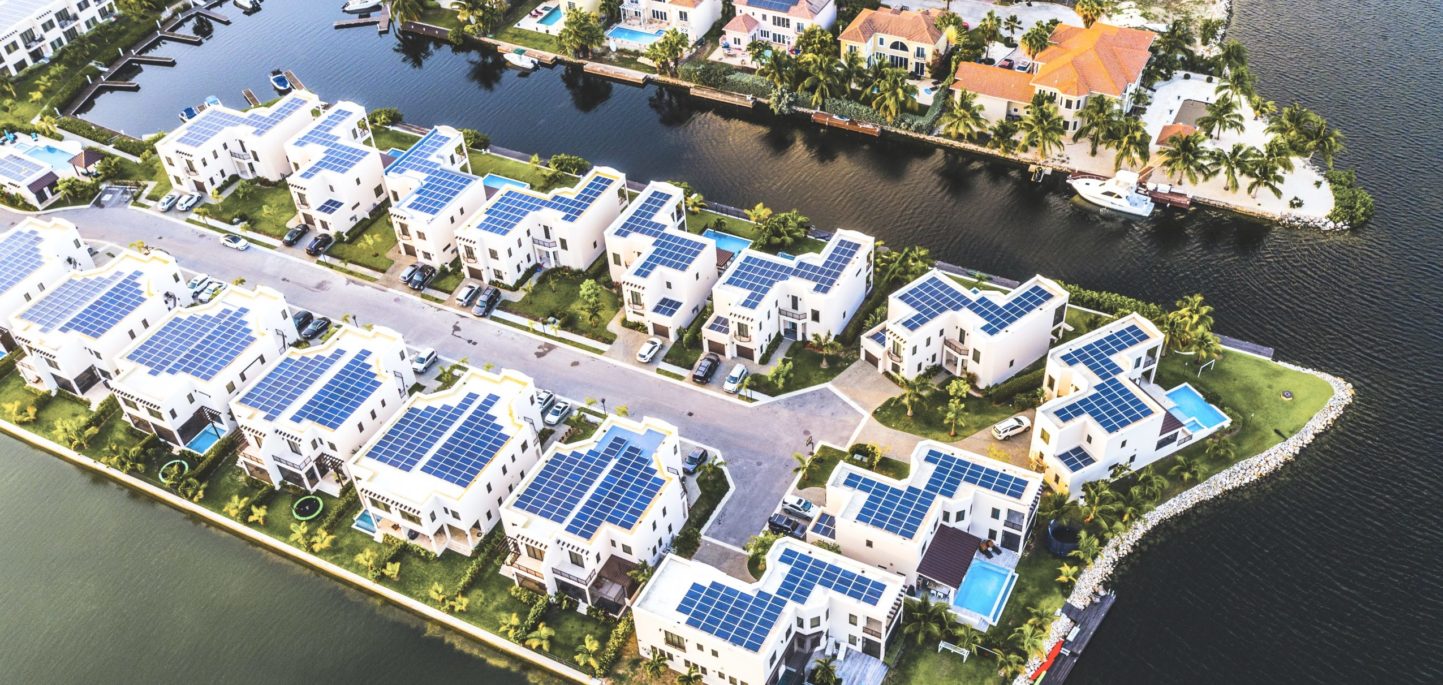Cayman Islands’ 2045 Renewable Energy Goal: Groundbreaking Leap or Unsupported Policy?
June 06, 2024
April 2024 marked a significant milestone for the Cayman Islands as the government unveiled its latest National Energy Policy, which sets ambitious targets to transition the country to fully renewable energy solutions by 2045.
While these goals have been met with widespread celebration from NCB Group and other advocates of a healthier, more sustainably developed local environment, there is a pressing need for concrete legal frameworks to support their practical implementation.
Hear from Matthew Wight, Managing Director of NCB Group, and Steven Schiffbauer, NCB’s Renewable Energy and Sustainability Manager, as they explore both the merits of this forward-thinking policy and the challenges it may face.

Why are these goals important – and why have they come about now?
Steven: It’s imperative to set clear sustainability targets to work toward, particularly in an environment where land is finite and responsible development needs to remain a top priority.
Matthew: The drive for sustainable development and renewable energy is more pressing than ever. This initial policy follows Cayman’s recent climate report findings and supports NCB Group’s wider vision of a more responsibly developed environment for future generations.
Current roadblocks
To date, Cayman’s energy provider has maintained a dominant market position by controlling access to renewable energy.
Matthew: For homeowners, this has meant roadblocks in the planning and application process for individuals wanting to explore their renewable energy options. The current absence of frameworks to regulate this process leaves our energy provider to prioritise commercial interests, leaving homeowners with limited options for renewable energy.
Proposed change
The new National Energy Policy aims to ensure fair competition for sustainable energy contracts and grant consumers the ‘right’ to renewable energy solutions. It seeks to balance consumer interests in pricing, affordability, and quality of service, thereby curbing the market power of Cayman’s energy supplier.
Steven: To achieve these goals, the Cayman Islands’ energy infrastructure needs significant investment. With direct investment, this twenty-year plan has the potential to spur long-term economic growth by lowering costs for individuals and commercial entities, creating new job opportunities, and increasing lending channels.
It’s a significant step in the right direction that these issues are garnering more attention from our country’s leadership. However, the policy’s success hinges on introducing new legal frameworks, investment strategies, and regulation mechanisms in the coming months – Matthew Wight
Challenges ahead
Matthew: While the policy signals progress, achieving 100% renewable energy within the proposed timeframe faces technical, social, political, and financial hurdles.
Steven: With current technical and fiscal limitations, it is not viable for Cayman’s energy provider to pivot to 100% renewable energy within the proposed timeframe.
The Cayman Islands’ energy infrastructure would require substantial annual investment over the next twenty years to make this policy a long-term reality.
In summary
Matthew: As a founding member of the National Energy Policy Committee in 2011, I am cautiously optimistic about the recent announcement. While the aspiration to achieve 100% emission reductions by 2045 is commendable and aligns with NCB Group’s mission for sustainable development, past barriers to policy implementation raise concerns – with previous targets still not met.
Enforcing minimum standards to shape Cayman’s sustainable development over the next twenty years will require a firm structure, sooner rather than later – Steven Schiffbauer
As a corporate community partner invested in sustainable development, NCB Group eagerly anticipates further guidelines from the Cayman Islands Government to realise the goals set out by the National Energy Policy and support their widespread adoption.
Photo by Remax
